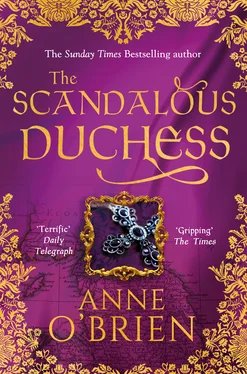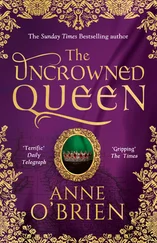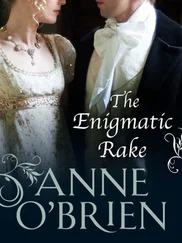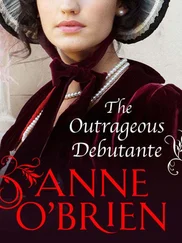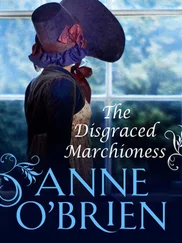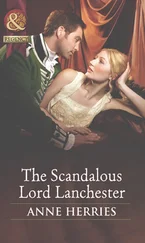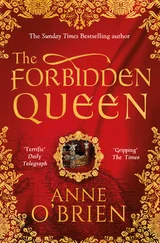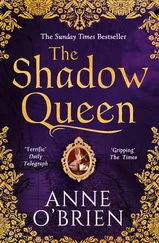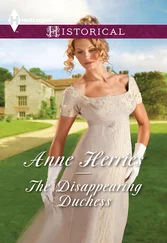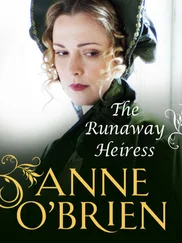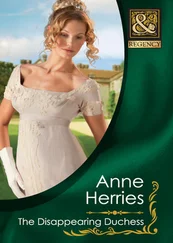‘Where is he then, Philippa?’
‘I have no idea. Picardy, the last I heard.’
As I seated myself on my bed, my sister began to divest herself of her furs, placing them carefully over a polished settle, sweeping her hand down over the lustrous skins. She was not without means, but she took care of her possessions with a neat exactitude I recognised from our shared childhood. Her voice now, in maturity, was clipped with displeasure. ‘A military expedition, so I’m led to believe, but why he should feel the need to go when…’ She hissed her irritation. ‘I am, as usual, kept in the dark. He gave me the finches to keep me company and sweeten my mood.’
‘Very poetic,’ I observed, not daring to laugh.
‘Poetic, but useless,’ she remarked, uncharitably I thought. But then, I was not wed to Geoffrey Chaucer. I did not think that it was an experience I would enjoy, despite his erudition and clever way with words.
Philippa had arrived eventually at my chamber, leaving me much relieved that what I had thought to be a censorious stare had proved to be nothing of the sort, when she had laughed and fallen into my arms. Or perhaps she was keeping the censure for later. I knew my sister well.
‘I am so very pleased to be back here,’ she announced. After Duchess Blanche’s death, when her household was disbanded and I had gone to Kettlethorpe, my sister had taken up residence in the Chaucer family property in Thames Street. ‘It was becoming very cramped. I’ve brought the children too, as you saw.’
As I had. Elizabeth and another Thomas, their ages matching with Margaret and my own son.
Philippa’s eyes glinted. ‘Are you pleased to see me?’
‘Delighted. I’ll happily hand the Duchess over to you, and all her starchy women, while I lurk in the background. Do you speak Castilian?’
‘No.’
‘A pity.’
‘Is she like Blanche?’
‘She is nothing like Blanche.’
‘So I presume we’re going to Tutbury. Or Hertford.’
‘If Queen Constanza can be persuaded that that is where she wishes to go.’
‘So it’s like that, is it? Do you come too?’
‘I am appointed as a damsel with you. Just like old times.’
Except that it was not, and never would be, no matter what the outcome of the promised conversation with the Duke.
Philippa must have seen some shadow of my torment. ‘What’s wrong?’ she demanded.
‘Nothing.’
‘Missing Hugh?’
‘Yes.’
‘I saw the Duke being very solicitous.’
‘The Duke is always solicitous,’ I replied, more quickly than was perhaps wise.
‘To have a tête-à-tête in the Great Hall, with his wife’s damsel?’
So I had been right about the censure. Philippa had been saving her well-sharpened arrows. Perhaps, divorced from court, dissatisfied with the restrictions on her life because of her perennially absent husband, she had been storing them up for such an occasion as this. It behoved me to keep my wits about me. I might be an innocent party in this situation, but guilt had a habit of encroaching on the edges. I grimaced at the image that sprang to mind, like fat around a bowl of mutton pottage.
‘The Duke is solicitous of everyone, as you well know,’ I responded. ‘He has my eternal gratitude. Without this position, Kettlethorpe would sink beneath the floods.’
‘You look well in the role of Lady of Kettlethorpe.’ The sharp assessment was still there in her eyes. ‘I envy you.’
‘As a widow? With a ruinous estate?’
‘No one would know. You look very sleek and smart.’
I laughed, smoothing the rich fur edging. ‘I was asked to put aside my widow’s weeds.’
‘By the Duke?’
‘Yes. It would not have been appropriate.’
‘I see!’
The twinkle in her eye drove me to employ diversionary tactics. ‘Being a widow has its problems.’
‘I see none!’
‘It has still to be decided who will administer the estates. Since Thomas is a minor, and Hugh a vassal of the crown, they have reverted to the King. The wardship of Thomas could be sold to anyone. Our finances are worse than you can ever imagine. You’re lucky to have a husband with a steady income.’
Philippa found my plight of no great importance compared with her own miseries. ‘I may as well be a widow, the amount of time I spend without him.’
‘But you are financially secure. I had to come begging.’
‘Kettlethorpe as bad as ever?’
I recalled Philippa’s single brief visit there, her pointed comments and her rapid departure, and replied sharply, ‘Worse. Is Geoffrey as bad as ever?’
‘Worse.’
We laughed, not unkindly. It was an old exchange and so we settled into gossip, now that we had established our old relationship: Philippa sharp and brittle, critical of the world, I more tolerant. I was the elder by little more than a year, yet it was not always obvious. Philippa sometimes proved to be the more worldly wise.
I sat and watched her as she told me about the doings of her two children. We were close, neither of us having any memory of our mother, and barely of our father, Sir Gilles de Roet, a knight from Hainault, who had died there when I was three years old, having given us into the tender care of Queen Philippa to whom he owed his service. We had a brother, Walter, taken to soldiering like my father, dying in the retinue of Edward of Woodstock at the battle of Poitiers, and an elder sister, Elizabeth, who, a nun in a monastic house at Mons, had gone from birth to death without my knowing her.
So, to all intents and purposes alone in the world, Philippa and I owed everything to the kindly and maternal Queen: our raising, our education and our position in the household of Duchess Blanche when we were very young, as nothing more than cradle-rockers to the two tiny daughters. Without parents we had clung to each other, and although our lives had taken different directions, the closeness remained. But that did not mean that I was not careful around my sister’s caustic tongue.
‘Are you happy?’ I asked, interrupting a long list of complaints about Agnes, Geoffrey’s ageing mother, who still occupied the Thames Street house.
‘As much as I ever am. I don’t think it is in my nature to be satisfied. Perhaps if I had wed a handsome knight like you.’ A twist of bitterness curved her lips.
‘Your husband is a man of great worth.’
‘Yes. I know.’
‘His writing brings him great fame.’
‘True.’
‘You have your children.’
‘And they are a blessing. But I’ll have no more.’
I paused, considering whether to ask why she was so adamant, and decided against it. ‘Geoffrey cares for you,’ I observed instead.
‘Geoffrey is entirely indifferent to me. He has never written a poem to my beauty or my fine eyes. All he does is condemn what he calls the entrapment of marriage.’
I laughed.
‘Don’t laugh! Do you know? He owns over sixty books. He’d rather spend time with them than with me.’ She chuckled as I continued to laugh at her complaint but there was a sadness there that touched my heart. ‘I am just dissatisfied. It will be better at Hertford.’ She rose and walked to the window to look out over the Thames. ‘What about you, Kate? Do you have an eye to another husband?’
‘I have only been a widow for a matter of months.’
‘A lover then.’
‘Philippa!’
‘You’re too pious for your own good. You had not seen Hugh for—how long before his death?’
‘Sixteen months. And I am not pious.’
‘I know you better than you know yourself. You would have to say a full decade of paternosters before leaping into a lover’s bed.’
‘I would not!’
But I would, as I knew only too well, as I was thrown into a puddle of doubt. My conscience was a strong force within me, and sin was not something to be lightly cast aside, as I was finding to my cost when all my strictly held tenets of living seemed to be hanging by a thread in the face of the Duke’s campaign. If I took this step to please him, if I went to him when he summoned me, the thread would be cut as cleanly as if I were finishing the edge of a girdle. I could not hold to any pretence that it would not matter. It would. If I stepped, I must accept the guilt and the condemnation.
Читать дальше
